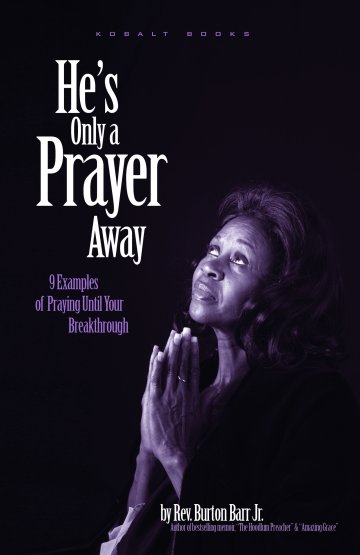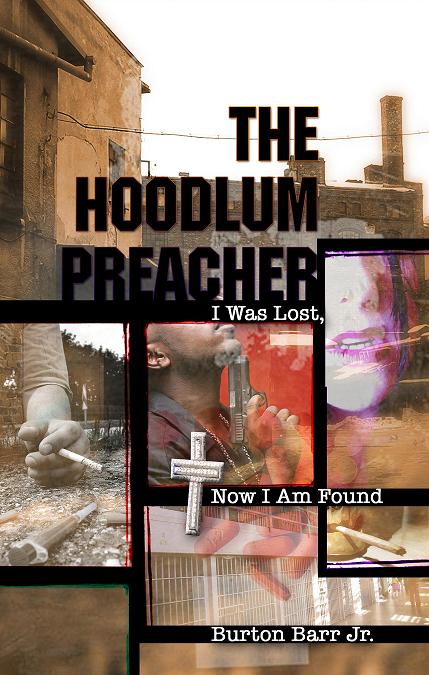There are different views on the historicity and origin of the story of the Rich Man and Lazarus. Most theologians believe that this is not a parable that Jesus is telling, but it is a historical account. Supporters of this view point to the amount of detail that is in the story. For example, in no other parable does Jesus use a character’s name, but refers to them as, “a certain man”, “a sower”, etc.
Let us compare the lifestyles of these two individuals. First of all, the Bible says that Dives dressed in purple and fine linen. Wearing purple was associated with kingship. He lived in luxury, enjoying himself by eating sumptuously, meaning he dined on exotic and costly dishes everyday. In most Bible stories, when they mention a gate, they are usually talking about the gate to a city. But Dives was rich enough to have a gate to his house.
This brings us to the second character in the story, Lazarus, because that was where he was laid each day, at the rich man’s gate. The Bible says that Lazarus was happy, just to eat the crumbs that fell from the rich man’s table, literary meaning, what he threw away. In Biblical days, there were no napkins or paper towels. Therefore, the rich would use pieces of bread to wipe their hands and fingers, and toss them out of windows along with bones and scraps of food for the dogs. When the parable speaks of dogs, we should not imagine well-groomed, affectionate pedigree dogs. These were semi-wild dogs that roamed the villages and towns eating rubbish and fending for themselves.
Before the age of the welfare state, the diseased and disabled of society were considered to be a burden on others. They were often left sitting or lying at the roadside and in public places asking for charity from passers-by. The description of the dogs licking Lazarus’ sores suggests that he may have been severely disabled, therefore, was unable to protect himself.
Now the story takes a dramatic turn. The Bible says that Lazarus died and was carried by the angels to Abraham’s bosom. The rich man also died but “in hell he lifted up his eyes”(v23a). I used to wonder why Dives went to hell. Just what had he done that was so terrible? After all, he had not ordered Lazarus to be removed from his gate. He made no objections to his receiving the bread that was flung from his table. And he was never deliberately cruel to Lazarus. So why did Dives go to hell?
The sin of Dives was he accepted him as part of the landscape and thought it was perfectly natural and inevitable that Lazarus should lie in pain and hunger while he wallowed in luxury. So it was not what Dives did that landed him in hell, but what he did not do. The sin of Dives was that he could look on the world’s suffering and need, and feel no grief or pity in his heart. He looked at a fellow human being, hungry and in pain, and did nothing about it. His was the punishment of the man who did nothing.
This parable illustrates a theme that is common to several of Jesus’ parables. The treatment of the least of society is the true measure of piety. We cannot be indifferent to the needs of the poor. External virtue and legal satisfaction cannot compensate for this neglect. Jesus taught repeatedly that the Kingdom of God is within the soul, not in the law.
The parable of The Rich Man and Lazarus makes an important point. It is a warning to the rich and the rest of society about the danger of neglecting the poor.



Rev. Burton Barr's Trilogy on KINDLE Now!!!

No comments:
Post a Comment